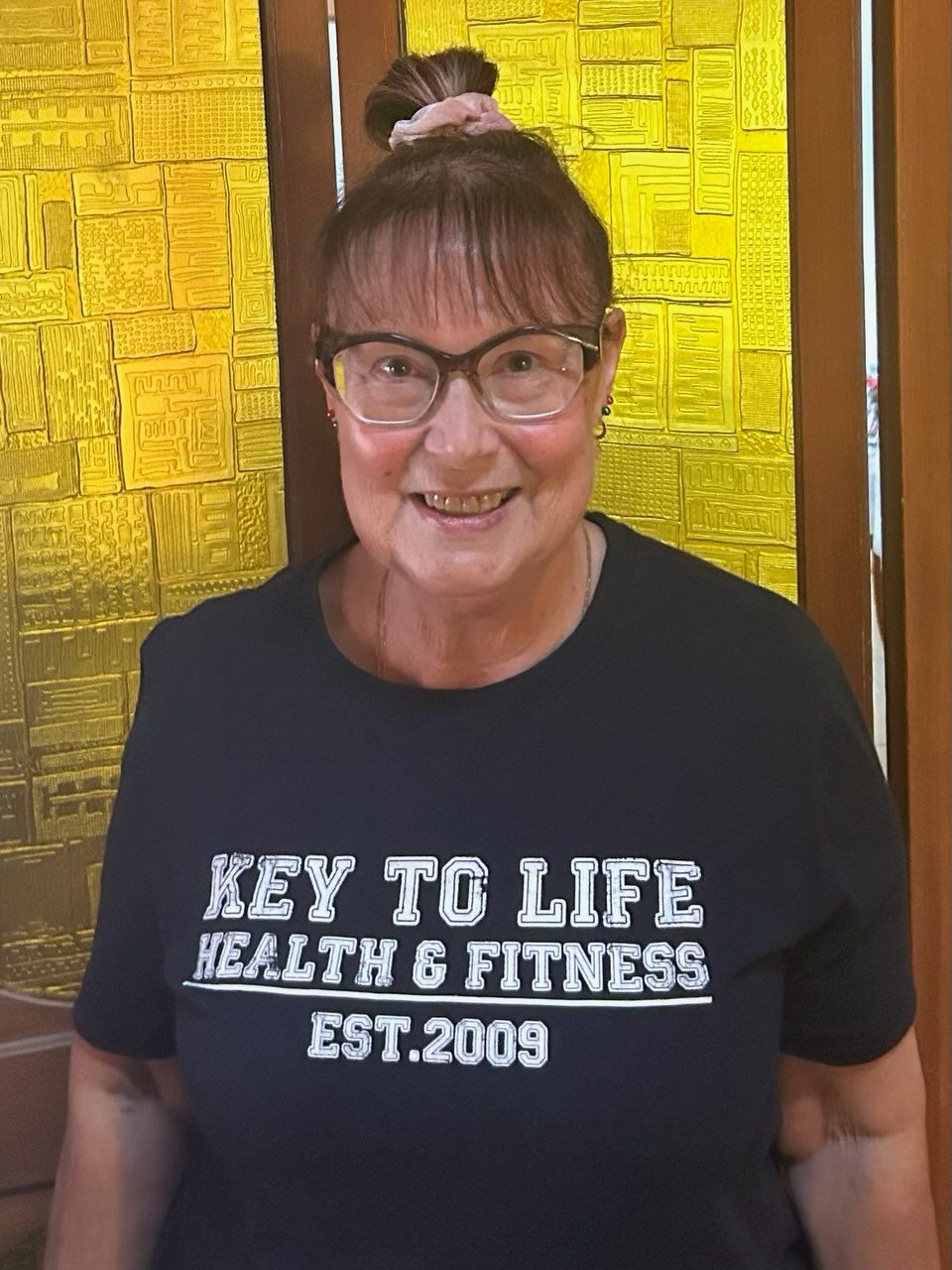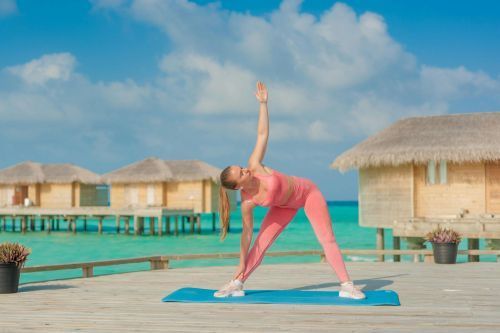Recovery Nutrition after Exercise
Recovery Nutrition after Exercise

Does all the excitement of the upcoming Olympics inspire you to get back into training or begin a new form of exercise? Read up about the importance of nutrition, particularly recovery nutrition for after you exercise.
Whether you are training once a day, a couple times a week, or doing two sessions in one day, recovery nutrition is important for all, however importance does depend on the type of training, the duration, along with your personal preferences and goals.
Recovery nutrition can assist in;
· Muscle repair and growth
· Refueling and rehydrating the body
· Support immune function
When do I begin my recovery nutrition after training?
As soon as you have finished training, drinking and rehydrating should begin. However, eating after exercise does depend on how long you have until you will be training again.
Refueling with some carbohydrate and protein is essential, and in the first ~60-90minutes after exercise the body is most effective at replacing carbohydrate and promoting the repair and growth of our muscles, however recovery of glycogen stores only starts after we eat a carbohydrate based food. The next 12-24 hours after exercise is also key as this process will continue throughout this time, although if you have a short amount of time between training sessions then it is best to utilize the first 60-90 minutes for recovery.
This could look like having a small snack soon after finishing training to kick-start your recovery, and then complete the recovery by having a main meal a little later on, or depending on how far away your next meal is, you could utilize this next regular meal after your session for recovery.
If you don’t have adequate recovery nutrition, what can happen?
Not taking recovery nutrition seriously can result in fatigue, either during training or in between sessions when we are at home, work or school.
Inadequate recovery nutrition can also result in a reduced performance next time you train or exercise, and can reduce the likelihood of experiencing gains from the training session you just completed, and also can lead to increased muscle soreness.
So what should I eat?
Everyone is different with their preferences, appetite and how well food sits in your stomach post training, thus there is no specific ‘best’ foods that will work for everyone.
Generally, recovery foods should be
· rich in carbohydrates to replenish energy stores in our muscles
· rich in lean protein to assist with repairing our muscles
· include a source of fluid to assist with rehydration
Idea’s for some foods/ drinks to choose:
· Dairy foods – smoothies or fruit yoghurt (Providing carbohydrates, protein, fluid and electrolytes)
· Salad roll with lean meat
· Muesli with yoghurt & some fruit
· Fruit salad with Low Fat, High protein yoghurt
· Spaghetti w lean meat Bolognese
· Chicken burrito w salad (can add cheese)
· Tin of tuna on Multigrain crackers + piece of fruit
What should I drink?
Water or an electrolyte drink is the best option to rehydrate after a training session.
If you are drinking to consume some carbohydrates then sports drinks can be helpful as they contain the carbohydrates and also fluid to help fuel & hydrate you all at once.
Dairy based fluids are also a good option post training, as they contain fluid & electrolytes, as well as carbohydrates and protein, so are assisting in hydration and refueling all in one.
Some specialised protein powders & recovery shakes can be useful in some situations for some individuals, however recovery nutrition can come from regular food & drinks without the need for these types of shakes.
If you want to know more or are seeking assistance for your own individual training/ exercise regime, book an appointment with one of our Sports Dietitians at Discover Health Dietetics.







